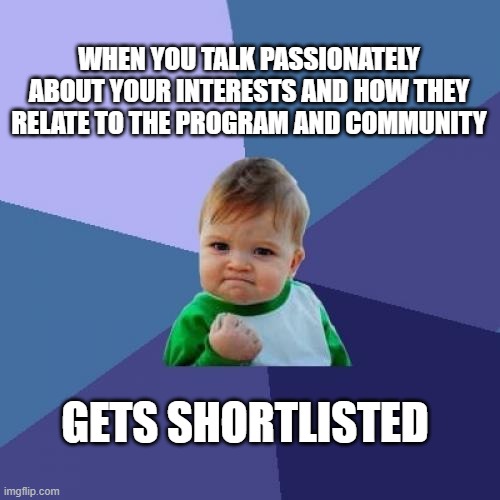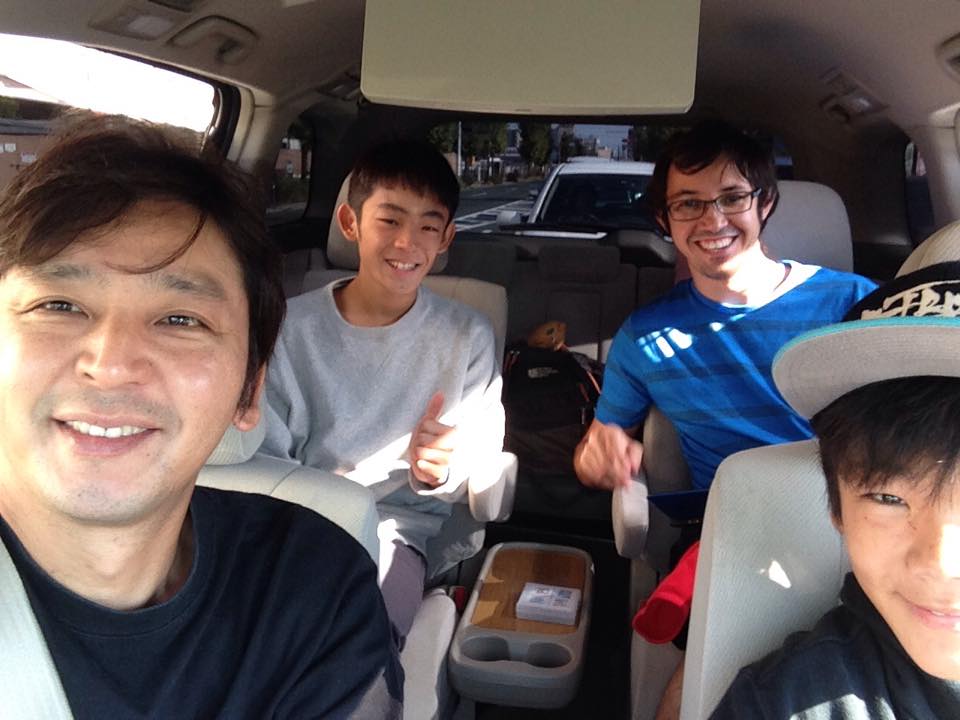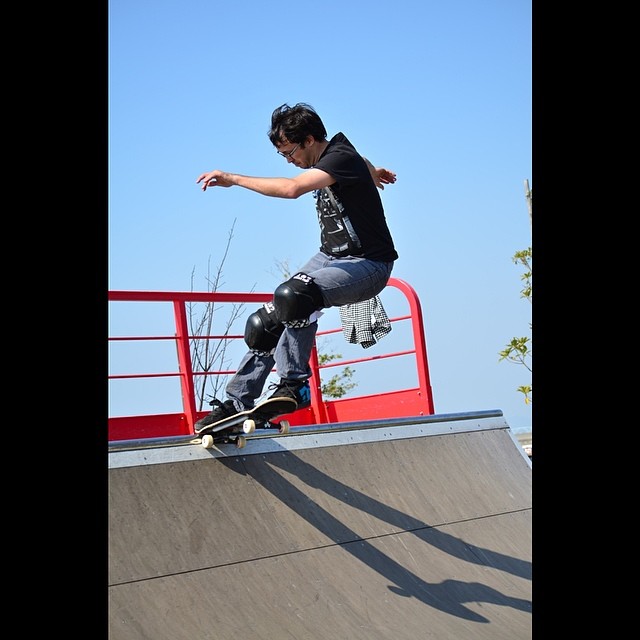
“I have a TEFL certificate.”
“My interview went perfectly!”
“I have 7 years of experience in teaching children.”
“I volunteer at my Japanese language club.”
“I have a bachelor’s degree in English.”
“I have a bachelor’s degree in teaching.”
“I passed the JLPT.”
“I’ve been to Japan.”
“I love Japanese culture.”
“I practiced for my interview, every day!”
“I am PERFECT!!!”
None of these reasons matter…
It’s nice that you love Japan; you have studied Japanese; you have some teaching experience; and that you have a bachelor’s in English, but….so what?
These attributes do NOT make you a good applicant or a bad applicant, but what makes a GREAT applicant is someone who is in touch with Japan.
“In touch with Japan? That doesn’t make sense. What does it mean?”
Let me explain
First, I never had a TEFL certificate, English degree, any JLPT, or any long time teaching children when I applied to JET
Sure, this is great stuff for “teaching” but JETs are ALTs (Assistant Language Teachers).
They just “assist.” They are not certified teachers in Japan.
On the other hand, JETs, ALTs & CIRs are cultural AMBASSADORS, first.
First, JETs represent their Country and Culture

They are a cultural bridge between Japan and their home country.
English teacher second, cultural ambassador first.
It’s about being genuinely interested in Japan/Japanese culture on a personal level (not just pop culture) and giving back through your knowledge of your own (culture and heritage).
If these ideas aren’t stressed in the interview, well they might not be interested in you vs someone else with no history in teaching or in Japanese studies but who has a passion for Japan.
There are a lot of applicants who become JETs who I believe just got in by luck or are good at interviewing and don’t really care about Japan or Japanese culture. This is unfortunate but 99% true…
How do I pass my interview?

Always a good question.
Reevaluate your love for Japan and practice your interviewing skills!
- What is something about Japan that is very personal that you could have said in your interview?
- How does the JET program help you with making that personal connection?
- How would you give back to the Japanese community and the international community (back in your home country)?
- Can you translate your SOP answers, better, into the interview and build on them?
There is no one answer for making your interview results better, but these are the ideas you should keep in mind.
If I was interviewing again…
If I had/have the chance to interview again, I would definitely show my passion for Japan, the program, and what I can bring to the program.
For example:
“One thing I love about Japan is the passion people have for sports. Especially non-team sports, which are not the norm, like skateboarding. I love skateboarding; it relieves stress and makes me happy when I watch or talk to friends about it. I’ve found Japanese people to be just the same when it comes to skating. When I watched the 2020 Olympics, I was so on edge about who to cheer for. “Do I cheer for Yuto Horigome of Japan or Nyjah Houston of America?” So many of my Japanese skaters and American skaters were in support for either winner. It was especially amazing when Japan won the first gold ever in skateboarding. It was a historic moment for the sport and the skateboarding community. Being a part of this community brings me so much joy and others. Whenever I want to be part of the Japanese community, this gives me a deep connection. I always use the opportunity to learn from Japanese skaters and talk about the differences back home, the birthplace of skateboarding. Skateboarding has led to some of the best friendships ever for me, and I am proud of the sport for becoming respected in Japan. Skateboarding has come a long way overseas and exporting of global athletes abroad…”
I could talk about this topic for days. It’s something that I am super passionate about!
I know the strong impact skateboarding has on local communities, in and outside Japan.
Skateboarding has little to do with language or teaching but everything to do with building relationships and cultural exchange.
I can say that joining the skateboarding community in Japan will have a greater impact than just teaching English on JET. Anyone can be an English teacher, “dime a dozen.”

Long-lasting relationships, connecting with the community, and learning from one another are all impacts I can make abroad and back home as an ambassador. AND getting back something in return, the chance to skate.
“But I don’t know if my hobby or passion will work in the community…”
Always best to brainstorm and research.
GOOGLE it!
Say you love “music,” Google something about music and Japan.
Narrow it down, again and again.
Eventually, you might arrive at foreigners joining local shamisen groups in Okinawa’s Naha or violin meet-ups in Osaka every-year at Umeda station.
Your fascination with Hokkaido ramen and local cooking classes held at Sapporo city for foreigners in English.
Your interviewers will be impressed that you are interested in something they have never heard of before. JET is all about exploring what is around you. ESID!
Get specific!
I wouldn’t be surprised at those who fail the interview are always really vague.
Stop telling the interviews you want to be part of the community with no evidence!
Look up interesting facts or communities (Sora News, Japan Times, JET prefectural wiki pages, etc.). It shows you want to connect and be part of them even though you may never go specifically cause JET placement isn’t guaranteed, but it shouldn’t stop you.
The applicant who can tell me what they want to be part of, share, and bring back to their home country, will always pass the interview.
Practice

Once you have your passion researched, SOP, and application memorized, get practicing!
Know a few topics that you are passionate about that will work. Show interest in a few things.
Ex: Skateboarding is awesome. Connects me with the locals. I can practice Japanese and English through it. Skating relieves stress; it can get me through hard times. I can do it anywhere and any time of the year. I don’t need to physically skateboard to get across the importance. I can share it in class through video or pictures. I can use it to find other people who share the same connection, etc.
Don’t give up!
If you really want to become a JET, you will learn from your previous mistakes!
Take a new approach to your interview. Practice more and think about how you can be an ambassador to your country, rather than an English teacher.
JET is about grassroots and the community. Find a way to connect.